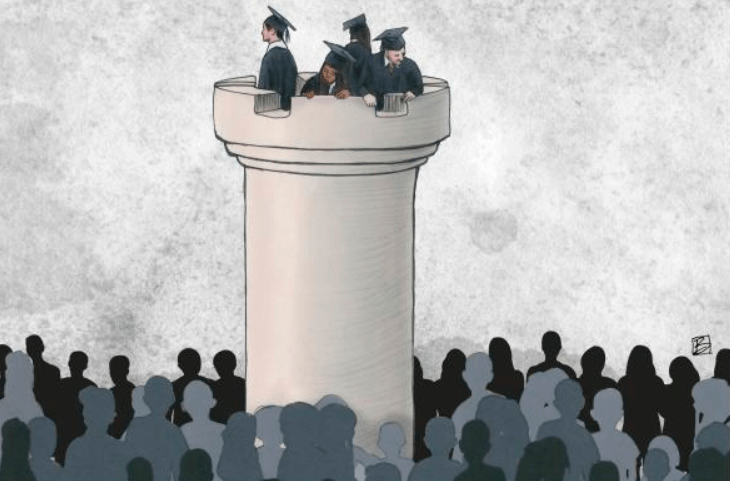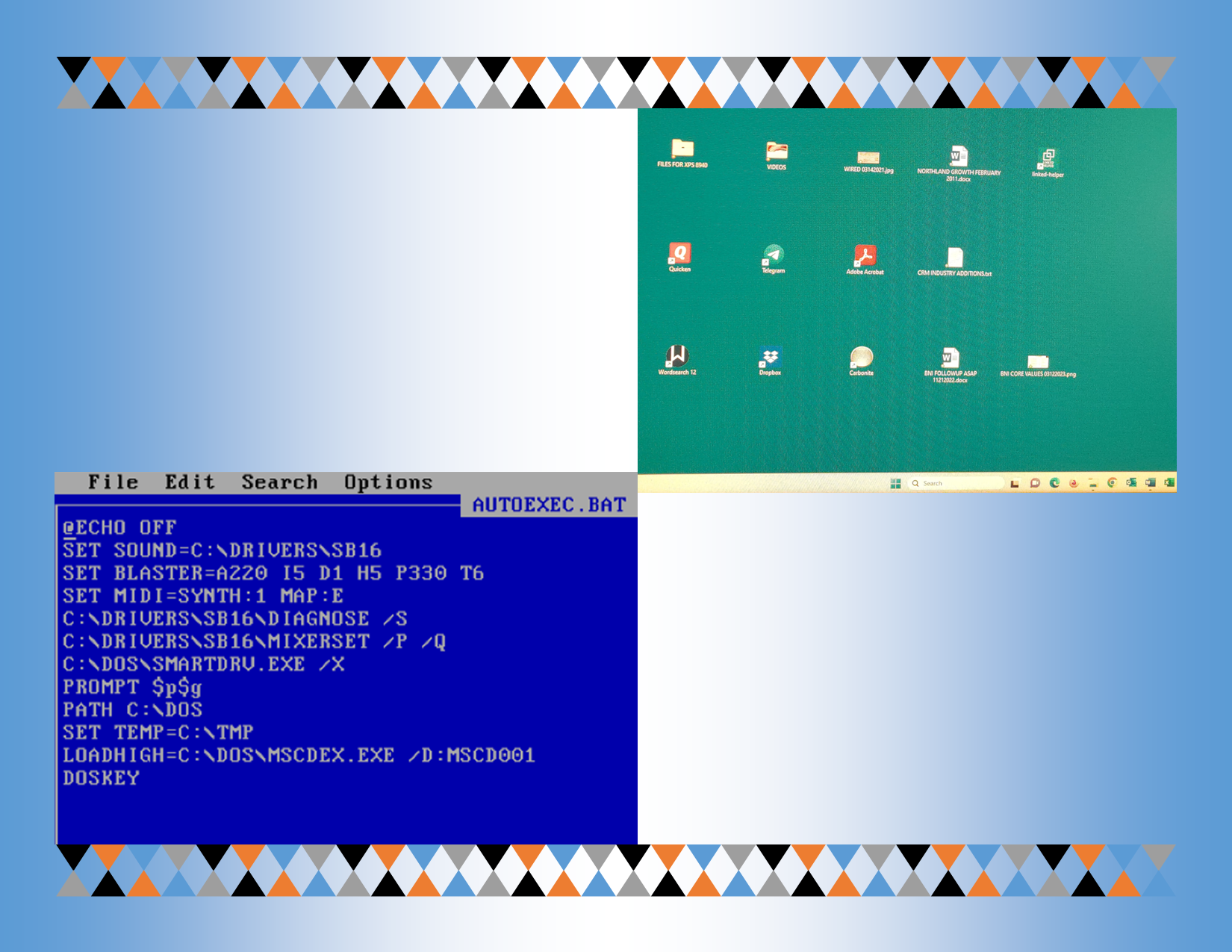MAKING MONEY IN THE COAL WARS
Much has been written and continues to be written about energy policy. For almost any position you can imagine, you will find endorsers and critics. It is an overwhelming area of study with global implications. I do not see the debates dissipating soon.
Peabody Energy’s North Antelope Rochelle Mine (south of Gillette, Wyoming) alone kicks out almost 300,000 tons of coal every day. Adding in its additional mines, total daily production is nearly a million tons. Peabody Energy has no difficulty finding buyers of all that coal, as Richard Martin reports: (“Big Coal’s Last Stand” Fortune , March 17, 2014, pp. 152–158):
“ Like other Big Coal companies, Peabody Energy . . . is enjoying a boomlet even as the U.S. weans itself off coal. Hunger for the world’s dirtiest fuel is growing, especially in the developing countries of Asia—particularly India and China, where coal consumption shows little sign of slowing, at least not yet. As gas prices have recovered, coal’s market share of U.S. electricity production has actually risen again, reaching 44% in January, about its historical level. ” (p. 154)
Given these increasingly international coal demands, Peabody Energy is pushing for new export terminals on the West Coast. As one might expect, the ongoing debates about energy policy leave no dearth of opposition to these efforts. Peabody Energy CEO Gregory Boyce, certainly not oblivious to environmental concerns, nonetheless views the matter pragmatically:
“ ‘The question is not whether Asia will import more coal. . . . It will. The question is whether the jobs and economic benefits will accrue to the United States or to other countries.’ ” (p. 157)
Boyce is saying please, let us take advantage of the opportunities for our nation while simultaneously meeting the needs of other nations. I certainly do not claim to know everything there is to know about the coal industry, but given the complexity of the situation, and the fact that science is continuing to assess the environmental effects of the coal industry, I lean in favor of Boyce’s position. While I recognize the challenges of coal production environmentally, I also do not believe we can simply shut down the entire industry overnight. I do affirm that the situation is too complicated for that to happen.
The coal wars will continue. So will making money. So will global expansion. And somewhere through all this, our human ingenuity will refine our energy policy to a place that maximizes the benefits and minimizes the risks.










